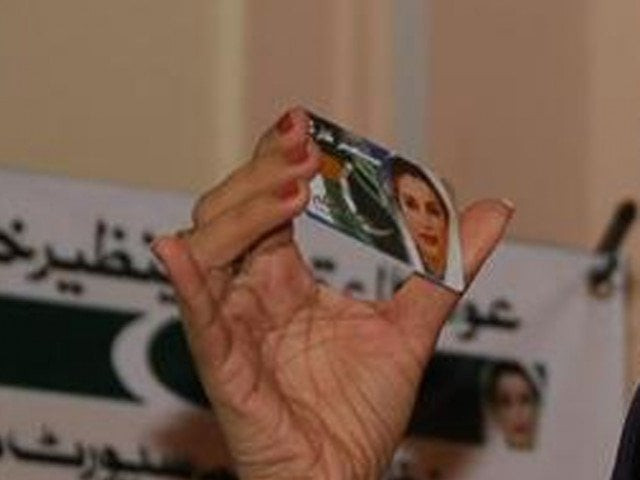Aid watchdog defends UK funding of Benazir Income Support Programme
DFID says their cash transfers are secure, since many recipients are paid electronically

Health ministry and Benazir Income Support Programme. PHOTO: FILE
Cash transfer programs funded by the British government are cost-effective ways to alleviate global poverty, an aid watchdog said on Thursday, rejecting concerns from critics that giving cash to poor communities is a misuse of taxpayers' money.
The Department of International Development (DFID) spends an average of 201 million pounds ($243.55 million) a year on programs that give cash to poor families to help them cope in times of conflict or natural disasters.
The department has come under increasing scrutiny over how it spends its budget, which rose by 4 percent to 12.1 billion pounds last year, as the government grapples with public debt at its highest level in nearly 50 years.
But the Independent Commission for Aid Impact (ICAI), which scrutinizes taxpayer-funded aid, said DFID was making a "good impact" with cash transfers.
"The department has reached millions of people, providing strong value for money, and helping deliver on the commitment to leave no one behind," said Alison Evans, ICAI's chief commissioner who led the review.
DFID says their cash transfers are secure, since many recipients are paid electronically, including through biometric systems which uses eye scans or thumbprints to verify identities before cash is transferred.
"Cash transfers get aid to those who need it, when they need it, and achieve value for taxpayers' money – and this independent report recognizes that," a DFID spokesperson told the Thomson Reuters Foundation. "They empower people to make decisions about what they need, cut out the middle man, and reduce waste."
Aid agencies welcomed the ICAI report, saying cash transfers gave families autonomy and choice. "Cash transfers have the potential to be one of the best, fastest and safest ways to help people raise themselves out of poverty by investing in their own, and their family's future," said Tim Livesey, Oxfam's head of UK policy and government relations.
BISP scam: ‘Fake’ CNICs deprived actual beneficiaries
Nick Guttmann, head of Christian Aid's humanitarian division, said: "The flexibility of cash, over say bags of food, means it can target the problems that local people know they have rather than rely on decisions made by bureaucrats thousands of miles away."
Cash transfers account for only about 6 percent of global humanitarian aid, yet studies show school attendance and access to healthcare significantly improve when people receive cash. Recipients also tend to save or invest the money, which promotes income generation instead of reliance on food aid.



















COMMENTS
Comments are moderated and generally will be posted if they are on-topic and not abusive.
For more information, please see our Comments FAQ